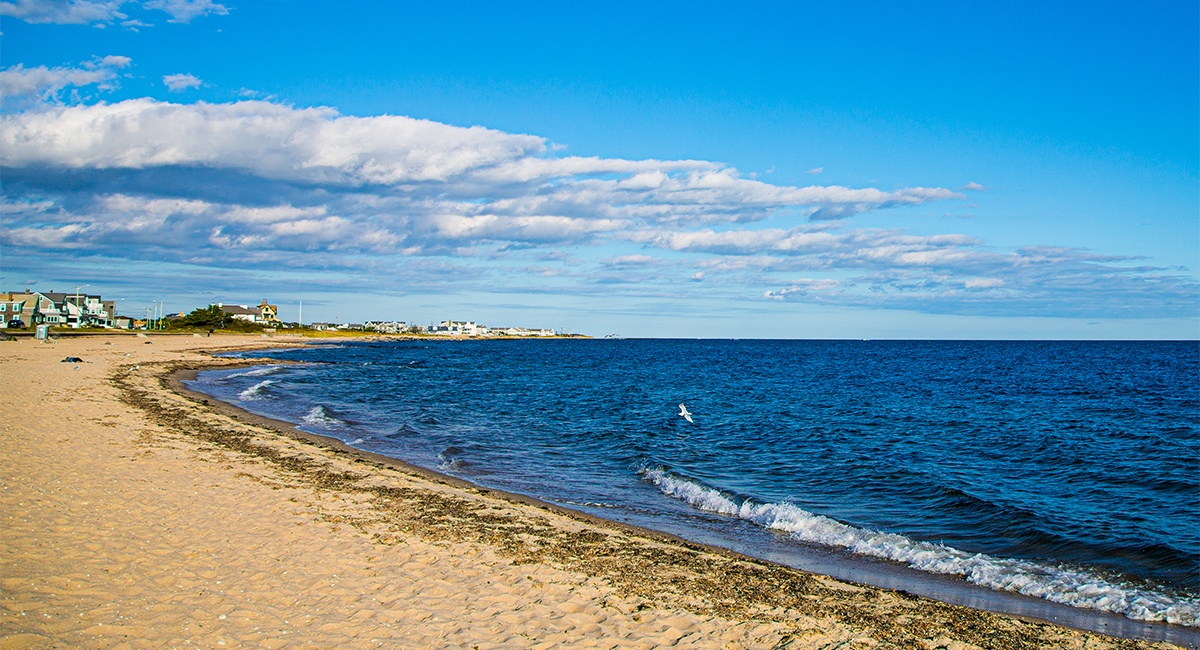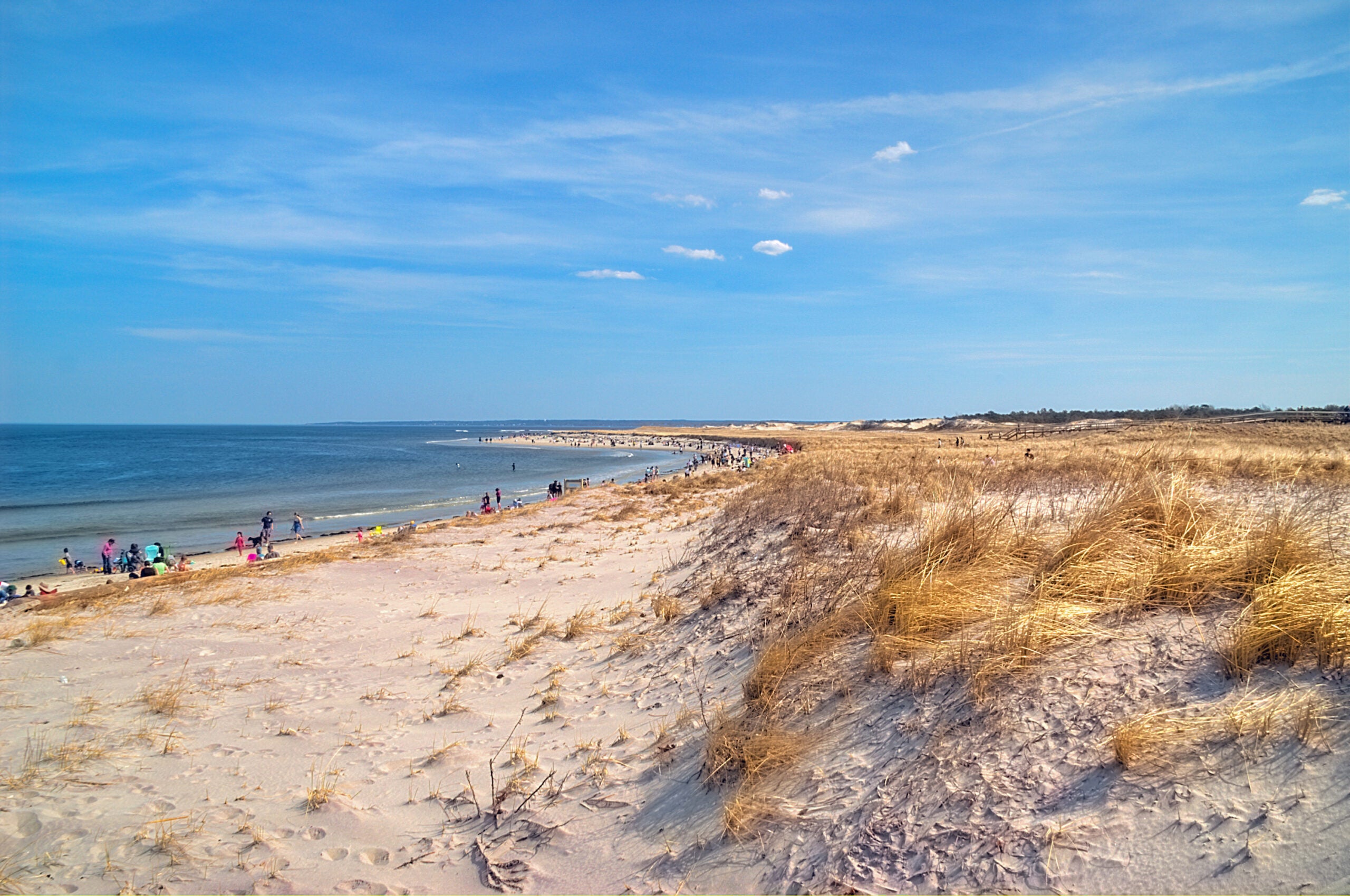Reasons for Beach Closures

Massachusetts beaches closed – Beaches in Massachusetts are often closed due to various reasons that can impact water quality and safety. These closures are implemented to protect beachgoers from potential health hazards and ensure their well-being.
One of the common reasons for beach closures is water quality issues. High levels of bacteria, such as E. coli, can contaminate the water, making it unsafe for swimming or other water-based activities. These bacteria can come from sources like sewage overflows, stormwater runoff, or animal waste. When bacteria levels exceed acceptable limits, beaches are closed to prevent the spread of waterborne illnesses.
The summer heat has hit Massachusetts hard, but unfortunately, many of the state’s beloved beaches have been closed due to high bacteria levels. While this news is disappointing, it’s a good reminder to take care of our environment. In the meantime, those looking for a luxurious shopping experience can head to Saks Neiman Marcus , where they can find everything from designer clothing to fine jewelry.
Once the beaches reopen, visitors can enjoy the beautiful scenery and cool off in the refreshing ocean waters.
Harmful Algal Blooms
Harmful algal blooms (HABs) are another reason for beach closures. HABs occur when certain types of algae multiply rapidly, forming dense blooms that can produce toxins harmful to humans and marine life. These blooms can cause skin irritation, respiratory problems, or gastrointestinal issues if ingested. Monitoring programs are in place to detect and track HABs, and beaches are closed when bloom levels reach unsafe concentrations.
For example, in August 2022, several beaches in Cape Cod were closed due to a red tide bloom caused by the algae Alexandrium fundyense. The bloom produced toxins that could cause respiratory irritation and other health effects.
Jellyfish Infestations
Jellyfish infestations can also lead to beach closures. Large numbers of jellyfish can swarm near beaches, posing a stinging hazard to swimmers. Jellyfish stings can range from mild skin irritation to severe allergic reactions. Beaches are closed when jellyfish populations become dense and pose a significant risk to beachgoers.
The closure of Massachusetts beaches may leave you craving some sweet solace. Head over to Krispy Kreme for their delectable free doughnuts and indulge in a sugary delight. But remember, the beaches will reopen soon, and it’s worth the wait to enjoy the pristine sands and refreshing ocean.
In July 2021, Horseneck Beach in Westport was closed due to a large influx of moon jellyfish. The jellyfish stings caused discomfort and minor injuries to several swimmers.
These beach closures can have a negative impact on beachgoers, who may be disappointed to find their planned beach day disrupted. Local businesses that rely on beach tourism, such as restaurants and shops, can also suffer financial losses due to decreased foot traffic.
Water Quality Monitoring and Management

To ensure the safety of beachgoers, organizations like the Massachusetts Department of Environmental Protection (DEP) play a crucial role in monitoring water quality at beaches. The DEP employs a comprehensive approach that involves testing, analysis, and communication to safeguard public health and the environment.
Water Quality Testing Methods, Massachusetts beaches closed
The DEP utilizes various methods to test water quality at beaches. These methods include:
- Bacteria Monitoring: The DEP tests water samples for the presence of bacteria, such as Enterococci and E. coli, which indicate the potential presence of harmful pathogens.
- Physical and Chemical Parameters: The DEP also measures physical and chemical parameters of water, including temperature, pH, dissolved oxygen, and salinity, to assess the overall health of the aquatic ecosystem.
Water Quality Standards
The DEP establishes water quality standards to determine whether a beach is safe for swimming. These standards are based on the Environmental Protection Agency’s (EPA) recommended criteria and are designed to protect public health.
The DEP’s water quality standards for beaches are as follows:
- Enterococci: The geometric mean of Enterococci bacteria in a water sample must not exceed 35 colony-forming units (CFU) per 100 milliliters (mL) over a 30-day period.
- E. coli: The geometric mean of E. coli bacteria in a water sample must not exceed 126 CFU per 100 mL over a 30-day period.
Communication of Water Quality Information
The DEP communicates water quality information to the public through various channels, including:
- Beach Closure Notices: The DEP issues beach closure notices when water quality testing indicates that a beach is unsafe for swimming.
- Beach Advisories: The DEP issues beach advisories when water quality testing indicates that a beach may be unsafe for swimming due to elevated bacteria levels or other factors.
- Online Water Quality Data: The DEP maintains an online database where the public can access real-time water quality data for beaches throughout Massachusetts.
Public Safety and Beach Regulations: Massachusetts Beaches Closed

Massachusetts beaches prioritize the safety of beachgoers through comprehensive safety measures. Lifeguard services are stationed along designated swimming areas, vigilantly monitoring the water and intervening promptly in emergencies. These areas are clearly marked to ensure swimmers remain within safe boundaries. Additionally, rip current warnings are issued when necessary, alerting beachgoers to potential hazards.
Importance of Beach Regulations
Adhering to beach regulations is crucial for maintaining a safe and enjoyable environment. Alcohol consumption is prohibited on most Massachusetts beaches to prevent intoxication and reckless behavior. Littering is strictly forbidden, as it not only detracts from the beauty of the beach but also poses environmental hazards to marine life. Pet access is restricted on some beaches to protect both the animals and beachgoers from potential conflicts.
Role of Beach Patrols
Beach patrols play a vital role in enforcing regulations and ensuring the safety of beachgoers. They patrol the beaches regularly, monitoring for violations and intervening when necessary. They assist with lost children, provide first aid, and coordinate with lifeguards in emergency situations. Their presence fosters a sense of security and order, allowing beachgoers to relax and enjoy their time at the beach.